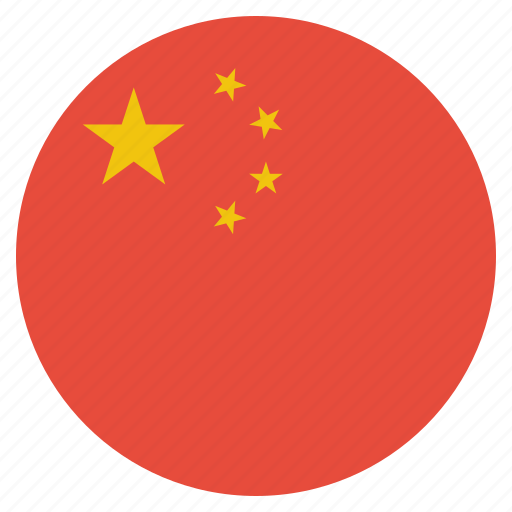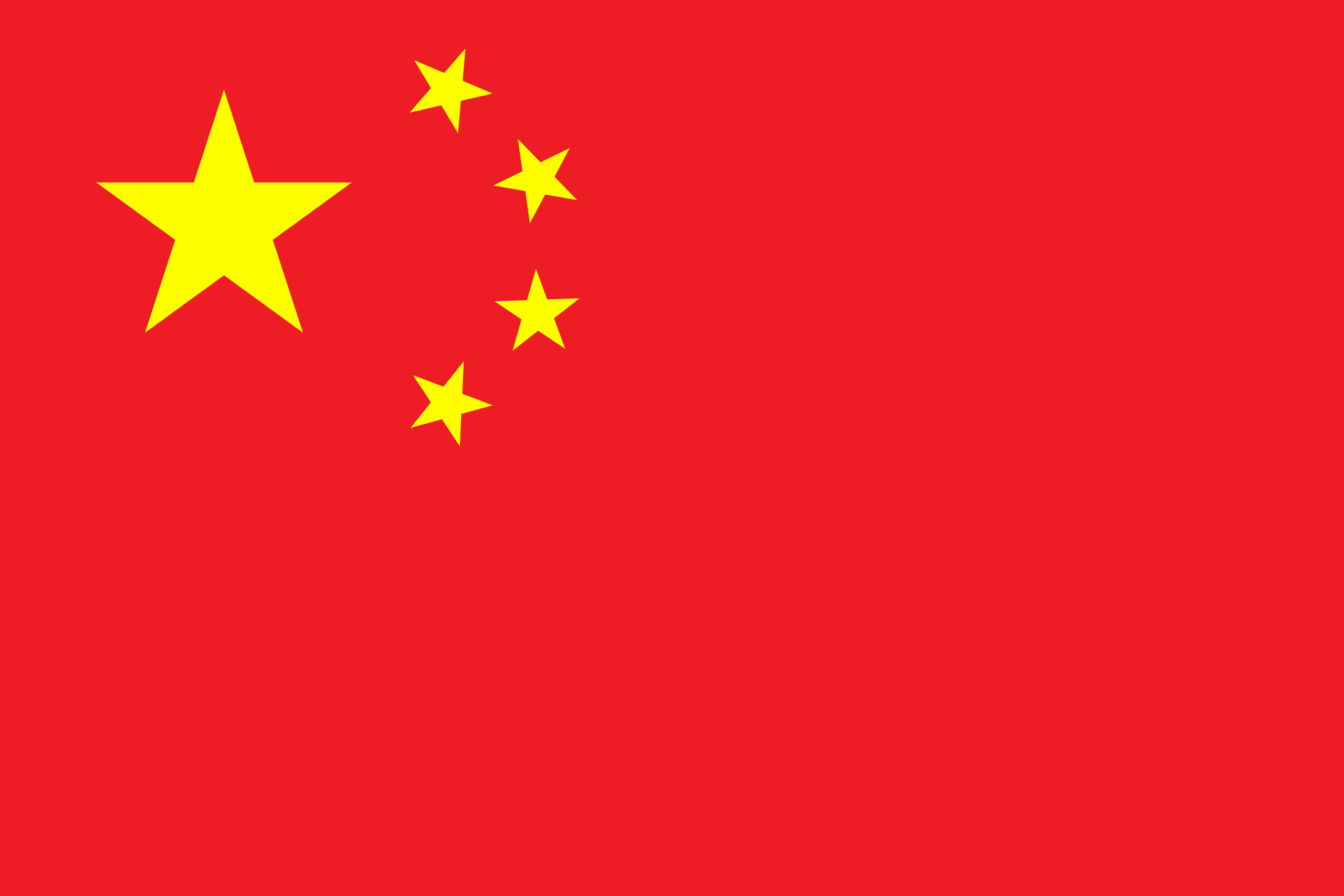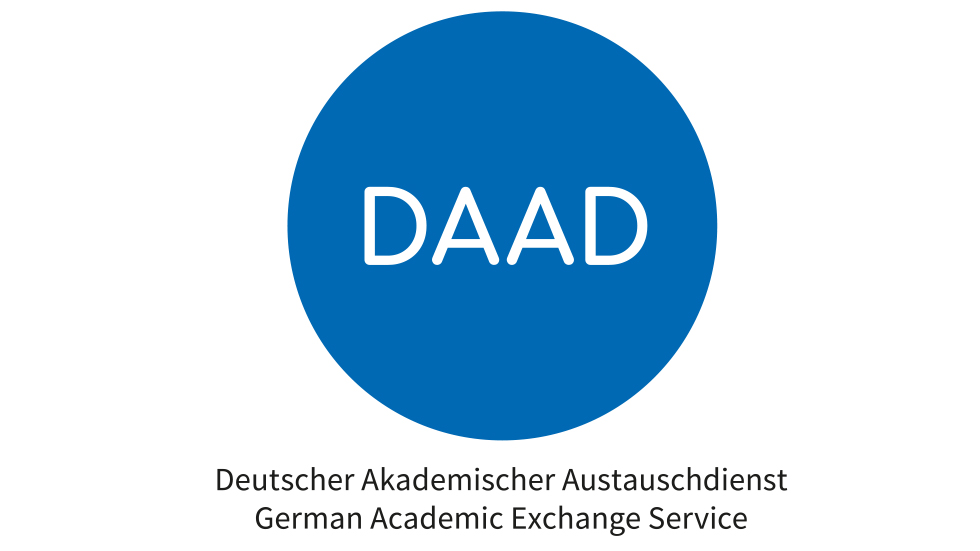Technical University of Munich, Germany TUM Global Postdoc Fellowship 2025
- Partial Funding
- Technical University of Munich
- Fellowship
- All Subjects
- International Students
- Germany
- 04/13/2025
 Technical University of Munich, Germany TUM Global Postdoc Fellowship 2025
Technical University of Munich, Germany TUM Global Postdoc Fellowship 2025
Description
The TUM Global Postdoc Fellowship 2025 offers an incredible opportunity for international researchers looking to advance their academic careers. Hosted by the Technical University of Munich (TUM), this fellowship provides up to 10 talented postdoctoral scientists the chance to conduct groundbreaking research for up to two years.
Why Apply for the TUM Global Postdoc Fellowship?
The TUM Global Postdoc Fellowship is one of the most prestigious opportunities for early-career scientists. It supports talented researchers by enabling them to work with experienced TUM hosts while diversifying their research profile. The fellowship is open to international candidates who have recently completed their PhD or are in the final year of their doctoral studies.
Degree Level
Technical University of Munich, Germany TUM Global Postdoc Fellowship 2025 is available to undertake Fellowship level programs at Technical University of Munich.
Available Subjects
Following subject are available to study under this scholarship program.
- All Subjects
Benefits
Successful applicants receive a fellowship for 24 months, including:
- A monthly stipend of €2,670.
- An additional kick-off payment of €430.
- A Munich allowance of €350 per month for those residing in the metropolitan area.
- Family benefits are also available.
- Access to TUM Talent Factory and other central support services.
Eligible Nationalities
This fellowship is open to applicants of all nationalities.
Eligibility Criteria
To apply, candidates must meet the following requirements:
- Must have completed a PhD within the last three years or plan to complete within the next 12 months.
- Must be residing outside of Germany at the time of application.
- The chosen TUM host must be an active professor, head of an institute, or junior fellow.
Application Procedure
The application process is divided into two phases:
- Phase I: Applicants must submit a Letter of Motivation, a CV with a list of publications, a copy of their best paper, a PhD certificate or confirmation, a Reference Letter, and the names of up to three potential TUM hosts.
- Phase II: After successfully passing Phase I, candidates will need a Letter of Support from the TUM host and submit a detailed Research Proposal.
Deadline for Applications
The current call (Call 5.1) is open until April 13, 2025 (23:59 CET). Another call (Call 5.2) will be held in September 2025.
How to Submit Your Application
Applicants should submit their documents via the designated application portal. For further information, contact the TUM Talent Factory at postdoc@tum.de.
Why Choose the Technical University of Munich?
As a global leader in research and innovation, TUM offers unparalleled academic resources, modern facilities, and a vibrant international community. The fellowship not only supports research excellence but also aids in career planning through central services like TUM Welcome Services and TUM Family Service.
Final Thoughts
The TUM Global Postdoc Fellowship 2025 is a unique opportunity for talented postdoctoral researchers to expand their academic careers at one of Europe’s leading universities. Apply now and take your research to the next level!
Follow us on Google News
SubscribeAchievement Scholarships for International Undergraduate Students: Engineering and Information Technology, University of Technology Sydney




